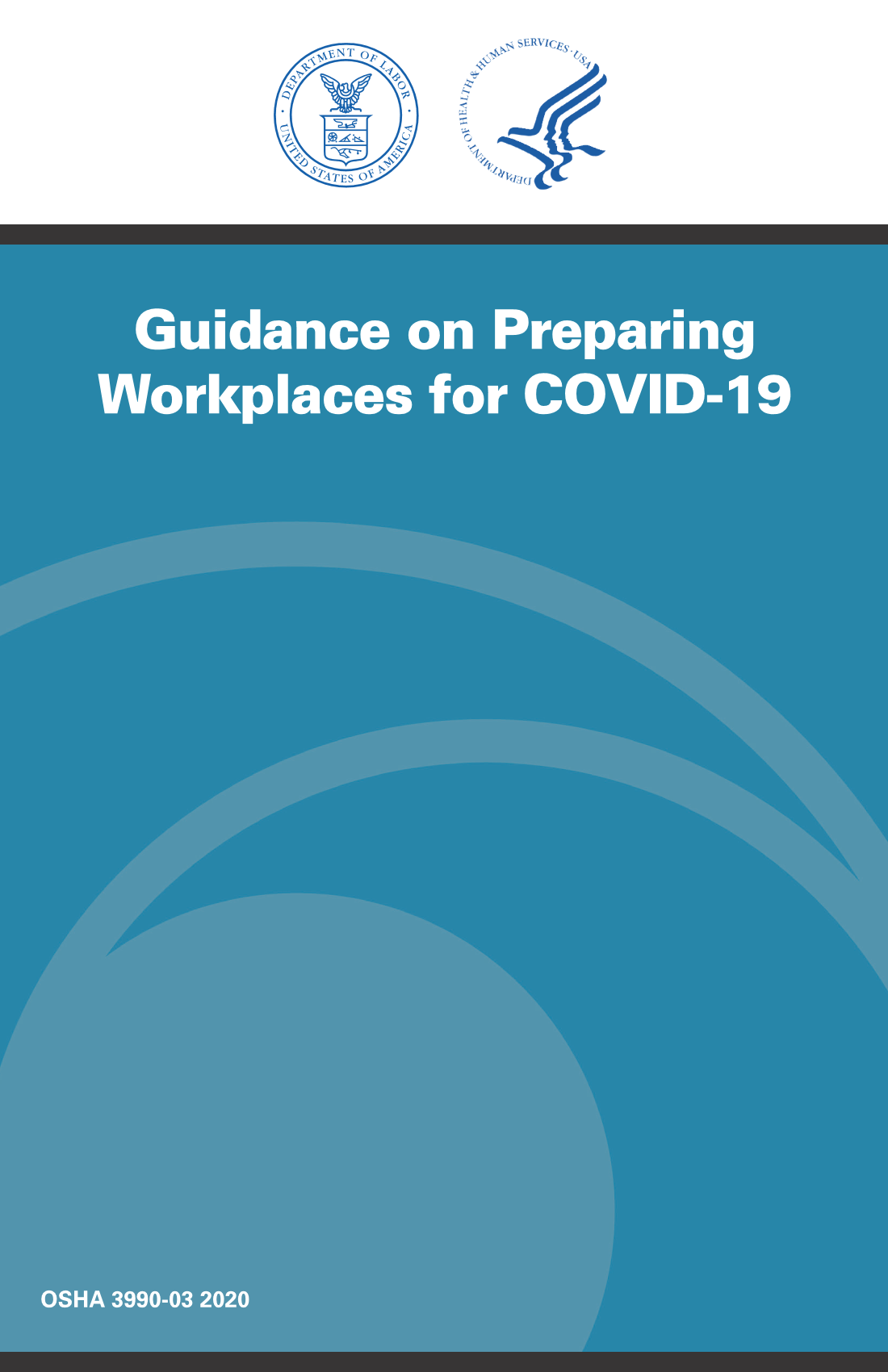As we approach the end of 2020, most employers are gearing up to begin conducting their annual performance reviews. Annual performance reviews have dominated the HR landscape for decades. In recent years, though, questions have been raised about the effectiveness of annual performance reviews, due to the time strain they pose on leadership and the lack of outcomes achieved.
According to a study from CEB, a management research firm, 95% of managers are dissatisfied with their companies’ performance review methods, and 90% of HR professionals believe that the annual performance review process does not produce accurate information—leaving many in search for better methods. This realization has led some companies to get rid of annual performance reviews in favor of more frequent check-ins with their employees, including high-profile companies like GE, Accenture, Adobe, Gap and Medtronic.
According to a study from CEB, a management research firm, 95% of managers are dissatisfied with their companies’ performance review methods, and 90% of HR professionals believe that the annual performance review process does not produce accurate information—leaving many in search for better methods. This realization has led some companies to get rid of annual performance reviews in favor of more frequent check-ins with their employees, including high-profile companies like GE, Accenture, Adobe, Gap and Medtronic.

Why Companies Are Giving up Annual Performance Reviews
From attending training sessions to completing evaluations forms and communicating those results to employees, time spent on performance evaluation-related activities can add up to more than 200 hours per year, according to a study by CEB. Furthermore, studies have shown that there is little to be gained through annual performance reviews in terms of productivity, and that the process can be demoralizing for both high- and low-performing staff alike.
Annual performance reviews have been criticized for focusing too much on the past rather than the future, since employees are being evaluated and given feedback on projects they worked on months ago—many of which are no longer fresh in their minds. As a result, many employees are left in the dark wondering about their performance for months and are unsure about where they can improve and how.
Annual performance reviews have been criticized for focusing too much on the past rather than the future, since employees are being evaluated and given feedback on projects they worked on months ago—many of which are no longer fresh in their minds. As a result, many employees are left in the dark wondering about their performance for months and are unsure about where they can improve and how.
What Companies Are Looking to Instead
As a result of the factors mentioned above, some employers are replacing annual performance reviews with more frequent manager-employee check-ins—occurring monthly or even weekly. These check-ins do not need to be lengthy meetings, but can be as simple as taking a short walk or coffee break. With this model, managers can give immediate feedback after projects are completed instead of waiting until the end of the year. Frequent check-ins between managers and employees help promote continuous growth, since they give managers the chance to identify and resolve performance issues in a timely manner. As a result, feedback can seem less confrontational and managers can seem more supportive.
Determine What’s Best For You
While implementing more frequent reviews may not necessarily save your managers time, they can help produce more successful outcomes. Regular feedback can help employees feel like their work is appreciated and that they are valuable members of their teams—keeping them more engaged in their work. This, in turn, can lead to more productive workers. Furthermore, when employees have a clear idea of what they need to do to improve and advance in their careers, they are more likely to stick around—helping to reduce turnover-related costs.
Before implementing such a program, it is important to determine your organization’s needs. Evaluate your current performance review process to identify areas for improvement and even consider surveying employees to ask about their feedback preferences. While an overhaul of your performance review method can seem like a daunting task, there are significant financial and operational benefits that can be achieved by providing more frequent feedback.
Before implementing such a program, it is important to determine your organization’s needs. Evaluate your current performance review process to identify areas for improvement and even consider surveying employees to ask about their feedback preferences. While an overhaul of your performance review method can seem like a daunting task, there are significant financial and operational benefits that can be achieved by providing more frequent feedback.







